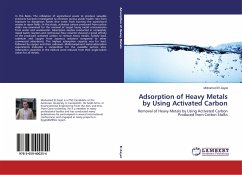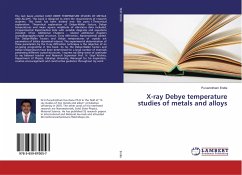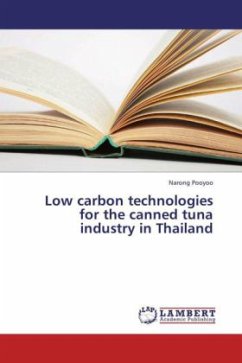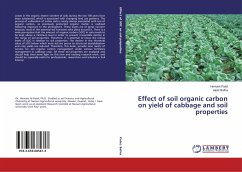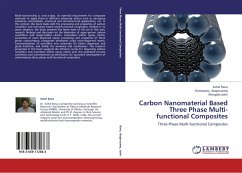In this Book, The utilization of agricultural waste to produce valuable products has been investigated to minimize serious public health risks from exposure to dangerous fumes that come from burning the agricultural wastes in open fields. In this study, activated carbon produced from cotton stalks was examined for the removal of target heavy metal contaminants from water and wastewater. Adsorption studies conducted in completely mixed batch reactors and continuous flow columns showed a good affinity of the produced activated carbon to remove heavy metals, namely lead, cadmium and copper from aqueous solutions compared to other commercial adsorbents. The highest adsorption capacity was for lead, followed by copper and then cadmium. Multicomponent metal adsorption experiments indicated a competition for the available surface sites. Adsorption capacities in the mixture were reduced from their single-solute values for all metals.
Bitte wählen Sie Ihr Anliegen aus.
Rechnungen
Retourenschein anfordern
Bestellstatus
Storno

